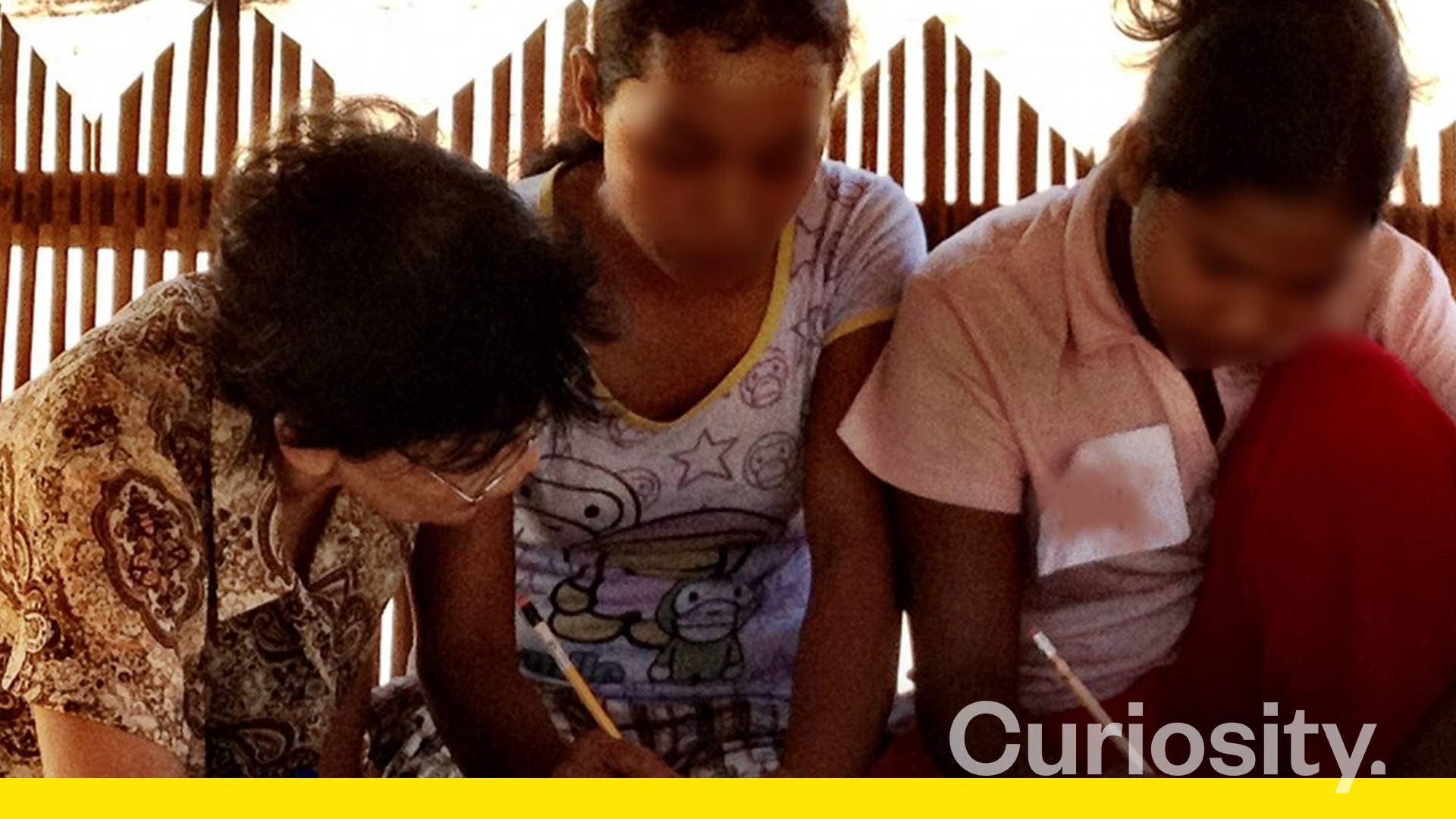
19 Nov Developing a Financial Literacy Program for Rural Mothers
Client / Company: Roots of Health
Industry: Social Services – Financial Literacy
Research Method: Ethnographic Research
Objectives and Methodology
Roots of Health (Ugat ng Kalusugan), is a nonprofit organization focused on improving the reproductive, maternal and sexual health of women, girls, and their communities in Puerto Princesa, Palawan in the Philippines. They realized that many of their UGAT participants lacked a key life skill needed by mothers to run their households effectively: numeracy. Curiosity was brought in to design and co-create a financial literacy programs with mother-learners in rapid iteration, based on their everyday financial problems involving the four fundamental operations of addition, subtraction, multiplication, and division. A host of Interviews and groups discussions were conducted in succession, with findings processed each night with the resulting new sample lessons tested on participants the next day.

Financial Literacy
Financial literacy is a set of practices that enable individuals to earn, spend, save, and borrow/lend money in order to fulfill specific goals. A comparison of everyday financial practices in Ugat communities revealed three identification types: “Nagtitiis,” “Gumagawa ng paraan,” “May puhunan.” Further research into the characteristics of these identifiers based on income, spending, saving, and debt allowed Curiosity to classify the participating communities. Mapping out the intangible assets and liabilities based Identification types paved the way for further customization of the financial literacy program.
Financial Education for the Poor – Best Practices
Several best practices developed and were kept in mind during the rapid-iterations of teaching modules:
- Integrating mathematical concepts with economic concepts in training modules
- Teaching concept of budgeting first and in the context of setting goals
- Teaching financial literacy within personal, household, community, health, and business contexts
- Teach income generation techniques before teaching learners how to save
- Including modules on financial negotiation

Research Output
A localized financial literacy train-the-trainor manual that accounted for:
– financial literacy has a community component
– how the communities could learn from each other
– Look into other sources for best practices in financial literacy
Training Output
Mothers in communities who were trained for three months using our rapid prototype research-based manual were able to:
– Save enough to open their first savings accounts at the bank
– Increase their knowledge of financial literacy based on pre-and post-tests by as much as double
– Some saved enough to buy materials for their first homes
An unexpected output
Increased self-esteem among mothers as their children began to come ask for their help in completing their mathematics assignments and reviewing for exams in their mathematics subjects

